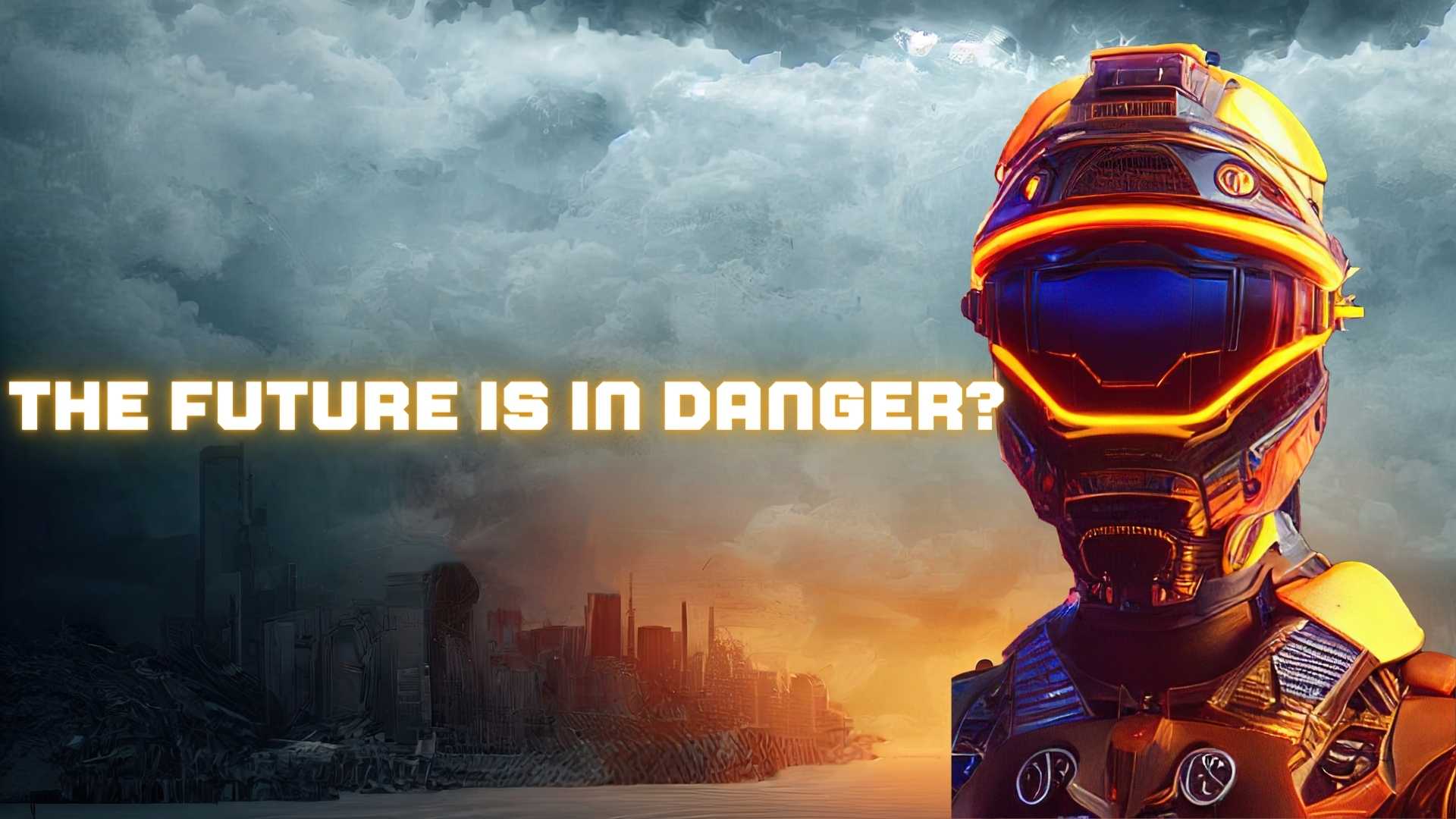Introduction to AI and its impact on society Welcome to the era where artificial intelligence (AI) is no longer just a futuristic concept but a reali
Introduction to AI and its impact on society
Welcome to the era where artificial intelligence (AI) is no longer just a futuristic concept but a reality shaping our present and future. The debate rages on: Is AI creating or destroying the future? Let’s delve into the complexities of this question, exploring both the promises and perils that AI brings to society. So buckle up as we navigate through the realm of AI and its profound impact on humanity.
What Peoples Say About AI
Artificial Intelligence has sparked a wide range of opinions among people from all walks of life. Some view AI as a revolutionary technology that will drive progress and innovation across industries. They believe it holds the key to solving complex problems and improving efficiency in various aspects of our lives.
On the other hand, there are those who express concerns about the potential negative impacts of AI on society. Issues such as job displacement, invasion of privacy, and ethical dilemmas surrounding autonomous decision-making algorithms have raised alarm bells for many.
Despite differing viewpoints, one thing is clear – AI is reshaping the way we live, work, and interact with technology. As advancements continue to unfold at a rapid pace, it’s crucial for individuals and organizations to stay informed and actively participate in conversations about the responsible development and use of AI technologies.
It’s a fascinating topic to explore. The AI field has made tremendous progress in recent years, and its impact on our lives cannot be ignored. It creates new jobs and new opportunities for humans. However, it also poses a threat to humans. No doubt everything has a dark side too. It is still a mystery among Thinkers, IT professionals, and researchers. Let’s dive deeper into this intriguing subject!
The discussion about AI’s dark side remains unanswered, with the people who have different opinions regarding the topic.
“Humans should be worried about the threat posed by Artificial intelligence.” – Bill Gates, Former CEO of Microsoft.
“Mark my words …AI (Artificial intelligence) is far more dangerous than nukes” – Elon Musk, the CEO of Twitter, Tesla, and SpaceX.
Artificial intelligence would be the ultimate version of Google. The ultimate search engine that would understand everything on the web. – Larry Page, Former CEO of Google.
AI has already done outstanding work in different fields. For example, AI works as an advisor in industries to help and deal with clients. AI works in the Fashion industry to visualize different clothes materials and patterns. It means AI improving the work environment.
But the negative impact of AI on jobs is also a concerning thing for humans.
Will AI eventually replace humans?Will AI eat up human’s Jobs?
As discussed above everyone has different opinions about AI. Some firms thought AI is creating an ease for humans by providing a good working environment but others have a different opinion that it might be a job displacement.
According to a 2020 World Economic Forum report, AI could replace as many as 85 million jobs worldwide by 2025. However, some people believe that AI will generate new jobs. AI will create 97 million new jobs by 2025.–World Economic Forum report 2020.
Let’s discuss which things will determine whether AI will be a danger to jobs.
The first thing is the type of job. Jobs with low thinking, creativity, or decision making are at high risk, For example, jobs in data analysis, transportation, and administrators are vulnerable to automation. While the jobs with high creativity, thinking, and decision-making are at low risks. For example, jobs in arts, education, recreation, etc are less likely to be automated.
The second thing is the skill and education required for the job. Jobs with high skills and education are less likely to be automated. For example the Jobs in engineering and law.
The third thing is the AI still cannot perform all tasks. For example, AI machines can not perform emotional work. AI technology is working to able AI to perform these tasks as well.
Balancing the benefits and risks of AI
As we navigate the ever-evolving landscape of artificial intelligence, it becomes crucial to strike a delicate balance between reaping its benefits and mitigating potential risks. On one hand, AI has revolutionized industries like healthcare and finance, enhancing efficiency and accuracy in decision-making processes. However, on the flip side, concerns about data privacy and job displacement loom large.
Ensuring that AI is developed and deployed ethically is paramount to harnessing its full potential for societal good. Transparency in algorithms and accountability in decision-making are key components in managing the risks associated with AI technologies. Moreover, fostering interdisciplinary dialogues involving policymakers, technologists, ethicists, and society at large can help create frameworks that uphold ethical standards while maximizing innovation.
Finding equilibrium between leveraging the advantages of AI while addressing its drawbacks requires continuous dialogue and adaptation. Striking this balance will be pivotal in shaping a future where AI contributes positively to our lives without overshadowing human values and ethics.
In conclusion
,AI is remarkably doing a great job in changing the work environment. However, whether AI will eat your job or not depends on the different elements, including the type of the job, education, and skills degree.

COMMENTS